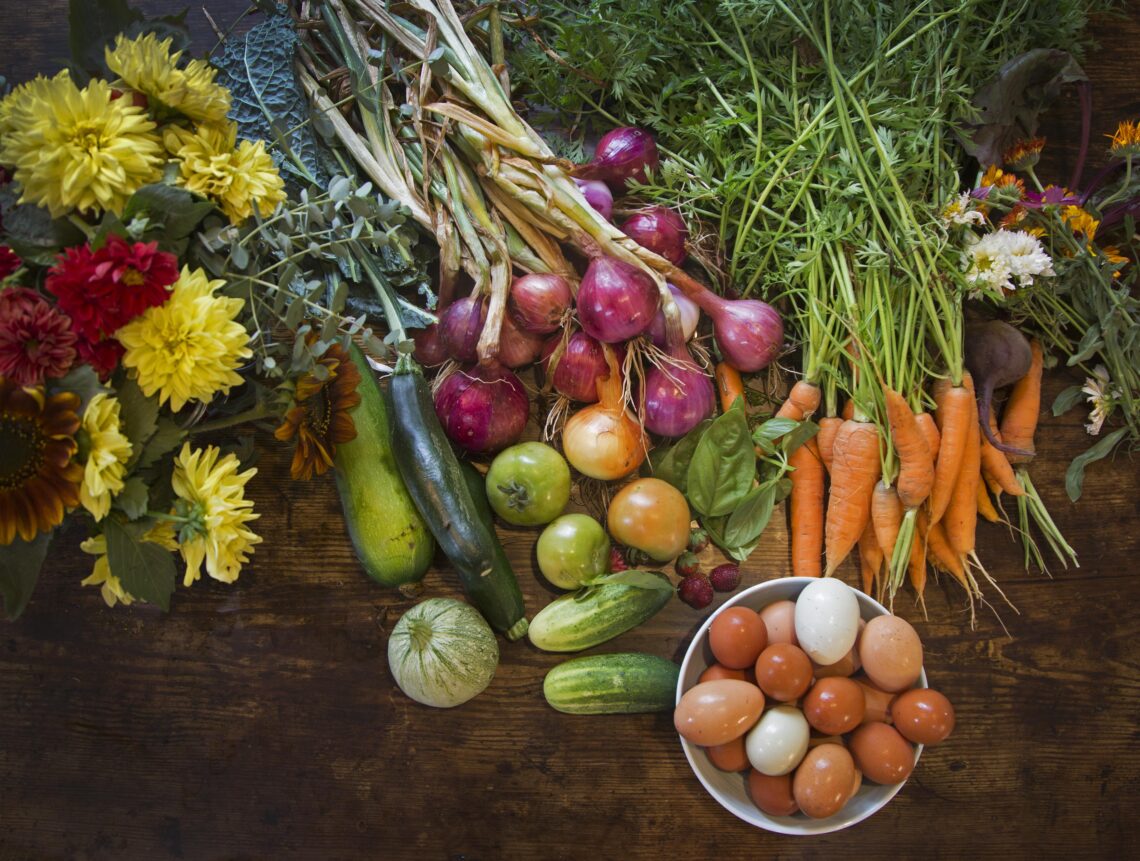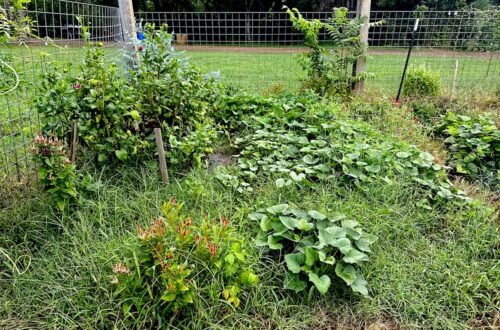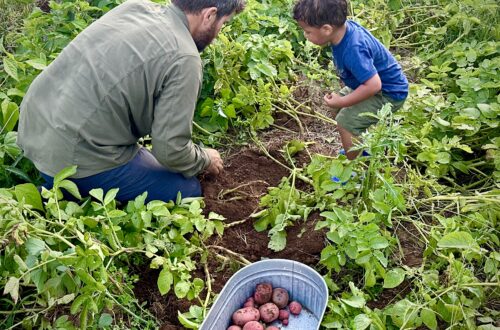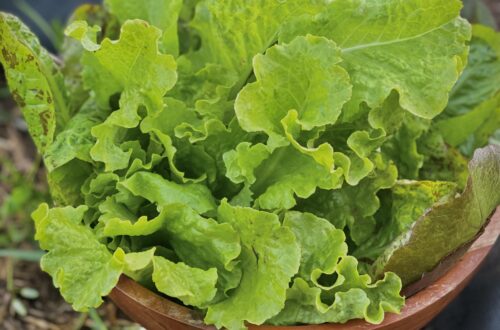Seasonal eating is one of the many benefits of gardening. Gardeners have an increased opportunity to eat seasonally as well as increased knowledge of what grows in each season. Even if you don’t grow cabbage in your own garden, most gardeners know that cabbage is a cooler season plant. It’s easily grown in cooler temperatures of spring and fall. You can use this knowledge to generate functional benefits for your health and grocery budget.
As a family we try to prioritize seasonal eating. Sure we preserve food and buy bananas (which are never seasonally available here). But for the most part, whether we grow food or buy it from the store, we try to prioritize vegetables that are in season. Here are a few reasons why:
Buying fresh saves money
Even if we buy food from the store, groceries are cheaper when we prioritize produce that is in season. Other than meat, fresh produce is usually one of the more expensive items on our grocery list. Over the years I’ve noticed that vegetables always go on sale when they are in season. Even without taking the time to check the prices, shopping for seasonal produce increases the odds that my produce bill will be lower.
Fresh Food Lasts Longer
The freshest produce is the produce harvested closest to my house. Most vegetables at the supermarket sit in crates for days before they get to the store. Each day they lose a little freshness. Growing your own food or shopping locally allows you to get the freshest produce. Since you’ll most likely eat the food before it goes bad, this saves you money.
Fresh Food Offers the Highest Nutritional Value
Fresh food also offers the greatest nutritional quality. Fruits and veggies offer the most nutrients when they are freshly harvested. Vendors store them to ensure they last longer while they are transported. Still, they might lose some of their nutritional value in the process.
Fresh Foods Has Cultural Value
Blueberries and peaches come into season around the same time here. Strawberries and rhubarb do too. That’s why we eat pies that combine these two fruits in June and May, respectively. Nothing tastes like August to me like Fried Okra and Blackeye Peas. These are two of the handful of vegetables that remain prolific in our hot Arkansas August heat waves. Fresh food adds meaning to the seasons and facilitates celebrations (big and small) centered on their harvest.
Fresh Food seems Socially Responsible
Buying produce from your neighbors and supporting their gardening efforts seems like a socially responsible habit. Articles about the high cost of American’s taste for year-round asparagus and avocado are also concerning. My friends who live up north probably wouldn’t have a lot to eat in the winter if it weren’t for imports. So I can’t advocate for the removal of imports from outside your grow zone. But I do wonder if we shouldn’t be a little more conscientious of the cost of the food available to us–both locally and abroad.
The recipes on this website attempt to capture the seasonal nature of food. We are fortunate in Arkansas to live in a state that has four distinct seasons. So I’ve started tagging the recipes by season to help people learn the general timeframe they can expect to find produce locally or possibly discounted in their region.






One comment on “The benefits of seasonal eating”